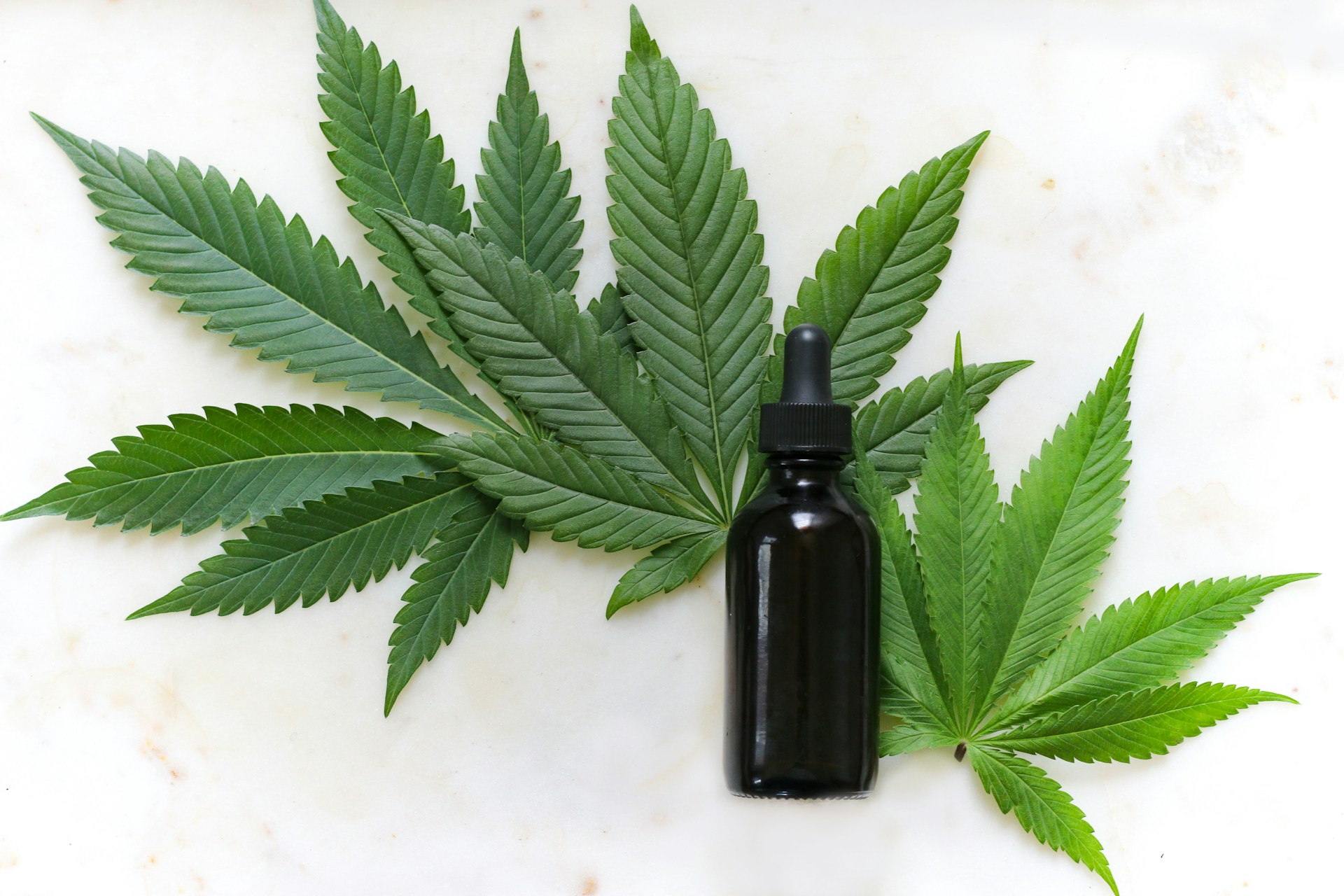DOJ Initiates Reclassification from Schedule I to Schedule III
Nearly three decades after California pioneered marijuana legalization, the U.S. Department of Justice (DOJ) has announced plans to relax federal restrictions on marijuana. This decision, which follows marijuana decriminalization in two dozen states, involves reclassifying the drug from Schedule I to Schedule III under the Controlled Substances Act (CSA).
On May 16, the DOJ’s announcement came in response to an October 2022 directive from President Joe Biden. He tasked the U.S. Attorney General and the Secretary of the Department of Health and Human Services (HHS) with reviewing marijuana’s classification under federal law. Following this review, the HHS recommended reclassifying marijuana to a less restrictive category.
The CSA categorizes drugs, substances, and chemicals into five schedules based on their medical value and abuse potential. Schedule I is the most restrictive, reserved for substances with no recognized medical use and high abuse potential, such as heroin and ecstasy. Schedule III drugs, like ketamine and anabolic steroids, are considered to have a moderate to low potential for physical and psychological dependence.
Marijuana has been classified as a Schedule I drug since the CSA’s inception in 1970, reflecting the then-prevailing view of it as a dangerous and highly addictive substance with no therapeutic benefits.
However, public perception has shifted significantly. In 1996, California voters passed Proposition 215, legalizing medical marijuana with a doctor’s prescription. Since then, 24 states and the District of Columbia have legalized marijuana for medicinal or recreational use, or both, despite ongoing federal prohibitions.
According to a May 21 notice in the Federal Register, the CSA grants the U.S. Attorney General the authority to schedule, reschedule, or decontrol substances. This power has been delegated to the DEA administrator, yet the Attorney General retains ultimate scheduling authority.
In an August 29, 2023, letter, Dr. Rachel Levine, HHS Assistant Secretary for Health, recommended to the DEA administrator that marijuana be reclassified to Schedule III. The notice stated, “HHS found that marijuana has a potential for abuse less than the drugs or other substances in Schedules I and II; that marijuana has a currently accepted medical use in treatment; and that the abuse of marijuana may lead to moderate or low physical dependence or high psychological dependence. These findings correspond to the criteria for placement of a substance in Schedule III.”
As of June, the DEA has not yet determined the appropriate schedule for marijuana. If reclassified to Schedule III, marijuana will be subject to the regulatory controls applicable to Schedule III substances, along with existing marijuana-specific requirements and any additional controls necessary to meet U.S. treaty obligations.
The manufacture, distribution, dispensing, and possession of marijuana will continue to be subject to the CSA’s criminal prohibitions. Any products containing marijuana will also be regulated under the federal Food, Drug, and Cosmetic Act.
Public comments on the DOJ proposal must be submitted to the DEA electronically or postmarked by July 22.
AVMA Releases Updated Cannabis Report for Veterinary Medicine
In April, the AVMA published an updated report titled “Cannabis in Veterinary Medicine,” aimed at helping veterinarians and pet owners understand the evolving laws, science, and research regarding cannabis and companion animals. The report highlights research on cannabidiol (CBD) effects on cats and dogs, including pharmacokinetic data and potential adverse effects of CBD-rich hemp products.
The report also updates the regulatory landscape governing cannabis-derived products for animals. Notably, it was published before the DOJ’s announcement to seek reclassification of marijuana from Schedule I to Schedule III.
Key sections of the report include:
- Historical perspective on cannabis in the United States
- Cannabis pharmacology and the endocannabinoid system
- Clinical research on therapeutic potential and pharmacokinetics in companion animals
- Analytic testing and quality control in the cannabis industry
- Cannabis toxicosis in companion animals
- Regulatory overview of cannabis-derived product use in animals
The report covers both marijuana and hemp, distinguishing them based on THC concentration. Marijuana, with THC levels exceeding 0.3%, remains a Schedule I controlled substance, while hemp, defined by the 2018 Farm Bill as having THC concentrations of no more than 0.3%, is not classified as such.
Dr. Dharati Szymanski, AVMA’s Assistant Director in the Division of Animal and Public Health, oversaw the report’s update. She noted that the original 2020 report was created in response to numerous inquiries about the efficacy, safety, and legality of cannabis-derived products.
“AVMA continues to support veterinarians in staying informed about the many aspects of cannabis-derived products in veterinary medicine,” Dr. Szymanski stated.



